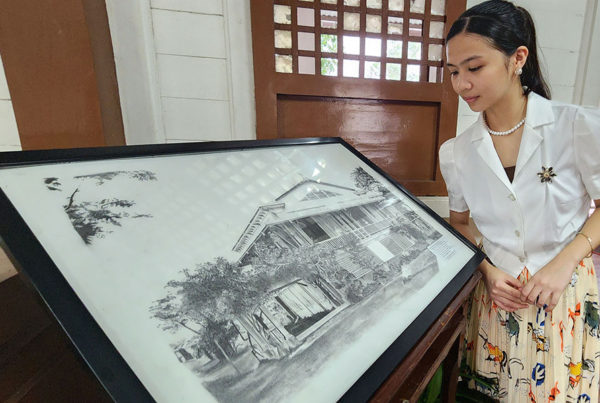Language advocate defends ‘mother tongue’ in learning
“THIS is a step backward.”
That is how a language advocate in Pangasinan described Republic Act 12027, a new law that stops the use of mother tongue as the primary medium of instruction in Kindergarten to Grade 3.
In an interview with Aksyon Radyo Pangasinan, Melchor E. Orpilla — a teacher, historian, translator, poet, and part-time commissioner at the Komisyon sa Wikang Filipino (KWF) — said the law runs contrary to studies that prove that children learn best in their first language a key element to that education is teacher skills.
He said teaching using the mother tongue has been effective not only in the Philippines but also in various other countries.
In Europe, for example, where English is not the native language for most nations, the mother tongue is used in primary to secondary education and for the most part in tertiary education as well, with English taught as a second or third language.
He cited a study titled Mother Tongue Instruction in Lubuagan, a municipality of Kalinga province in the Cordilleras: “A case study from the Philippines,” written by Stephen L. Walter (GIAL) and Diane Dekker (SIL International) and published in the International Review of Education on Principles and Innovations in Multilingual Education.
The study was undertaken in Lubuagan, where the multilingual education program “teaches the Filipino and English languages through the mother-tongue, rather than through immersion.”
“This Lubuagan case study is one of many proofs that teaching primarily using the mother tongue is advantageous and that an important factor to consider in the implementation is the teacher’s skill,” Orpilla said in Pangasinan.
As part of their advocacy, Orpilla and fellow language plan to file a petition with the Supreme Court to seek judicial action on certain provisions of this law.
RA 12027, which lapsed into law on October 12, amends Sections 4 and 5 of RA 10533, or the Enhanced Basic Education Act of 2013, effectively mandating the cessation of the use of mother tongue as the medium of instruction in the first four years of education.
Although a section of RA 12027 specifies that the mother tongue will serve as an auxiliary medium of instruction, Orpilla asserts that the policy will bring about the gradual disappearance of regional languages. (Ahikam Pasion)







